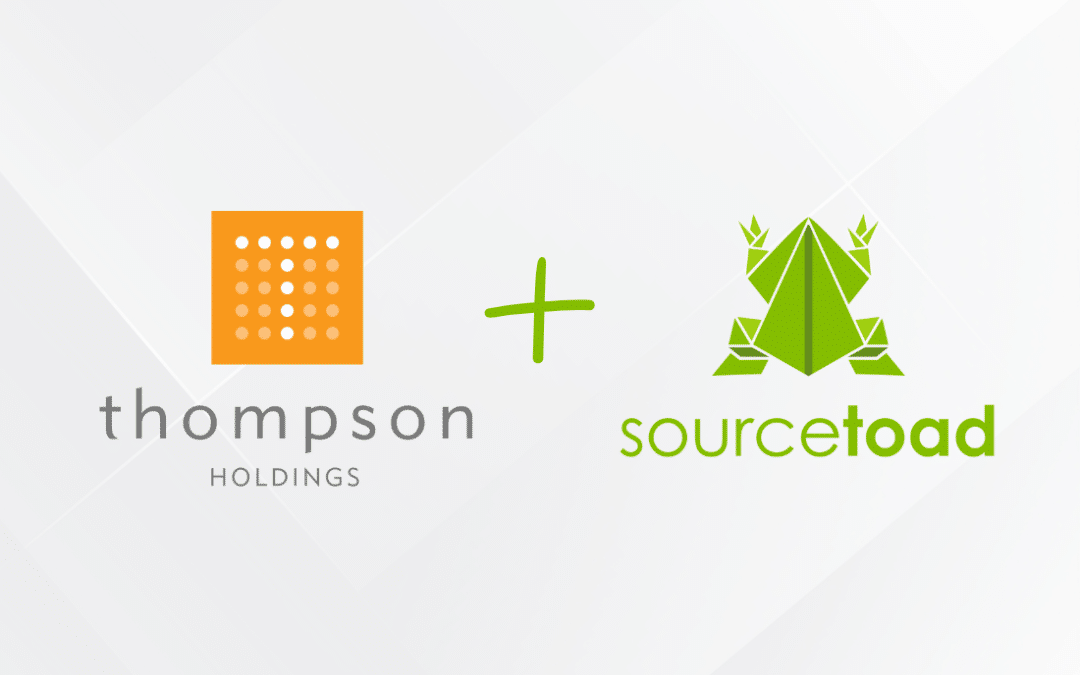If you’ve ever used web platforms such as Uber, Kickstarter, or Elance, then you’ve seen split payments in action. Each of these websites use a type of transactional functionality more broadly known as third party payments. Stripe, Braintree, and Paypal are three prominent examples of payment platforms that offer this type of interaction via a set of APIs. These APIs enable online marketplaces, such as Uber and Kickstarter, to receive a piece of the pie each time a transaction takes place on their network. For the purpose of this article, these are the three payment platforms that we’re going to be comparing. The areas we’ll be specifically focusing on for each respective platform will be:
- How easy is it to set up?
- What are its capabilities and are there any liabilities?
- How much does it cost?
- What level of support do they provide?
If you’re building a web application that utilizes split payments, this article is for you!
Braintree Marketplace Split Payments
Braintree Marketplace is the baby of the bunch. Having launched in August of 2013, Braintree began competing with larger players in the field — namely Stripe and Paypal — by offering their take on third party payments. StubHub, Task Rabbit, Boxed, and HotelTonight are just a few examples of high-profile web platforms that utilize Braintree’s Marketplace APIs.
Integration
Braintree Marketplace makes it as simple as possible for developers to set up transactions for their projects. The developer documentation shows that after creating an account and configuring some initial items, it’s as simple as adding in the drop-in UI to make everything come together.
Capabilities
With Braintree Marketplace, users can accept split payments as a dynamic dollar amount. This means that the service charge dollar amount can differ from transaction to transaction.
Liabilities
Liability falls on the account owner in terms of taxation and financial responsibility, although the 1099-K form is provided to each account. The account owner is also responsible for the distribution of monies to each vendor or user.
Costs
One of Braintree’s biggest perks for new clients is the fact that the first $50,000 in sales are free of gateway charges. That could save you thousands of dollars over time. After that, Braintree sticks to the industry standard of 2.9% + .30¢ per transaction. For more info on costs, click here.
Support
Braintree Marketplace is certainly the leader of the pack in terms of support. Their support network includes comprehensive, easy-to-understand documentation, as well as phone and email support. Having worked with Braintree here at Sourcetoad, they get my vote as the standout candidate in this mark.
Stripe Connect Split Payments
On October 10, 2012, Stripe launched their Connect API. Having since developed itself into an industry leader, Stripe Connect totes some of the largest marketplace platforms as clients. These include Kickstarter, Instacart, and Squarespace, to name a few. Of the bunch, Stripe Connect seems to have the largest current adoption rate, with Braintree Marketplace catching up quickly.
Integration
Integrating Stripe Connect into your web or mobile application consists of a few steps. Click here for a comprehensive breakdown on how to integrate Stripe Connect into your web or mobile application via Stripe’s APIs using their thorough documentation.
Capabilities
Similar to Braintree Marketplace, Stripe Connect allows platforms to charge a set dollar amount per transaction that can be programmed as a percentage value. Both administrators (app owners) and various levels of front-end users can utilize these integrations once they’re set up properly.
Liabilities
Account owners never actually touch the money until their percentage has been aggregated to them. This is especially beneficial if you’re looking to ensure your marketplace users and vendors remain contractors and not employees. The 1099-K form is provided by Stripe, but it’s your responsibility to complete at the end of each year.
Cost
2.9% + .30¢ per transaction is the average.
Support
Stripe Connect is second in terms of available online documentation when comparing to Braintree and Paypal. Unfortunately, Stripe lacks in other areas of support. This includes the inconvenient fact that they only provide email support for business clients out of the gate. You can schedule a phone call with a representative once they’ve gotten in touch, but that’s an extra barrier to support that may turn some clients away.
Paypal Adaptive Payments Split Payments
Paypal is certainly the grandfather of all payment platforms. But, as with most industry behemoths, adaptation to new technologies has been slow. Thankfully, Paypal doesn’t really need to own the split payments space, since they semi-recently acquired Braintree back in September of 2013. However, Paypal does offer its own split payments APIs known as Adaptive Payments. Adaptive Payments is a blanket term that includes other comparative APIs, such as parallel and chained payments. Before you choose which one is right for your project, make sure to do thorough-enough research. The subtle differences are important.
Integration
Paypal uses a Rest API, similar to other payment platforms, to integrate into your mobile or web application. For more information on this, please click here.
Capabilities
Paypal Adaptive Payments allows users to accept payments through their web or mobile applications using their Paypal accounts. The Adaptive Payments API in particular allows users to “split” payments by dividing up a dollar amount, separate from the base transaction, and sending it to the Administrator or account manager. This functionality is very similar to Braintree Marketplace, as well as to Stripe Connect.
Liabilities
Similar to Braintree Marketplace, the liability falls on the the account owner in terms of taxation and financial responsibility, although the 1099-K form is provided to each account. And no wonder, since Braintree was acquired by Paypal, and that’s one of their selling points.
Cost
2.9% + .30¢ per transaction is the average.
Support
As the behemoth in this lineup, it’s not surprising that Paypal offers unparalleled customer support and comprehensive documentation. However, if you’re not a technical owner or programmer, their documentation can be a bit hard to comprehend. Although this article is certainly aimed toward developers, if a non-technical client doesn’t understand how something works, it’s unlikely they’re going to choose it if they have another option. I’m not sure this is a concern for Paypal, though.
Conclusion
Since circumstances are going to differ from project to project, there is no clear winner here. The hope is that you’re now more informed and able to make a decision as to which platform will best suit your project. If you’re looking to keep your hands clean of any financial liability, Stripe Connect may be the best option. In the case that clear documentation and phone support are more important to you, Braintree Marketplace or Paypal’s Adaptive Payments may be the winner. If you have questions about payment solutions and integration for your mobile or kiosk application, please give us a call at 1-888-801-TOAD! We’d be happy to chat.


